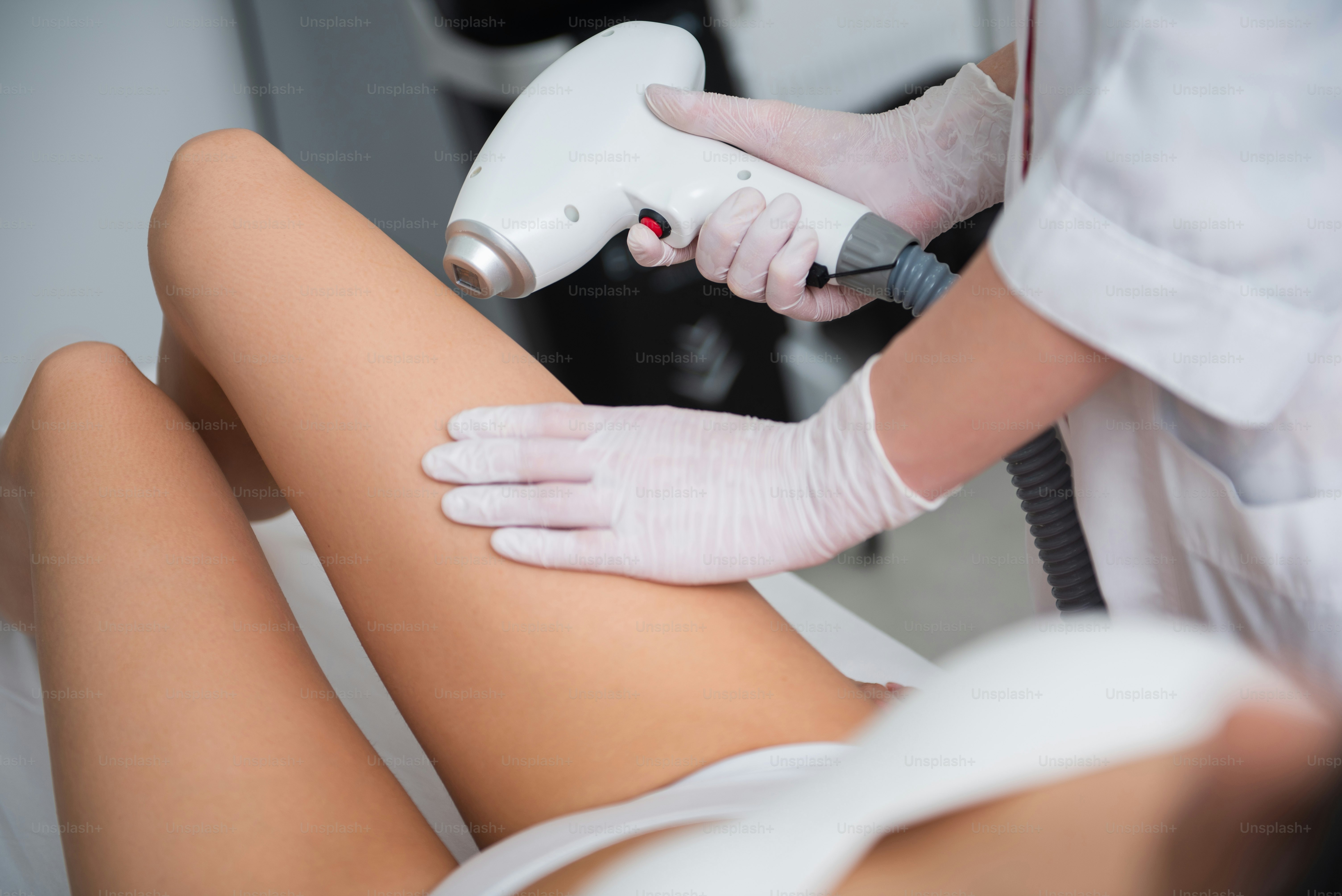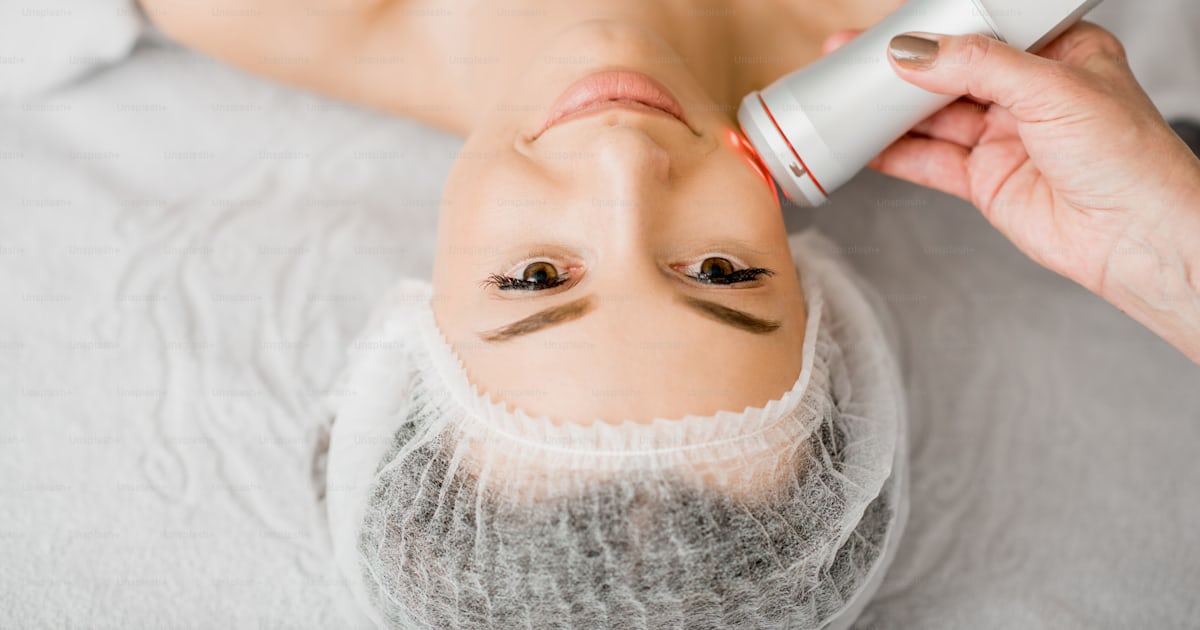How Many Laser Hair Removal Treatments For Dark Hair
How Many Laser Hair Removal Treatments For Dark Hair
Blog Article
How Many Laser Hair Removal Sessions For Facial Hair

Laser hair removal has gained significant recognition as an effective method for attaining clean skin without the effort of traditional hair removal strategies. However, many individuals might encounter variable results from these therapies, often influenced by a spread of things. Laser Hair Removal Treatment Frequency. One critical aspect that significantly affects outcomes is hormonal modifications in the body. Understanding how these hormonal fluctuations interact with laser hair removal may help people make informed choices concerning their therapies
Hormonal modifications can occur due to numerous reasons, such as puberty, pregnancy, menstruation, menopause, and conditions like polycystic ovary syndrome. Each of those phases brings about distinctive shifts in hormone ranges, which may directly impact hair progress patterns and the effectiveness of laser remedies. For example, during puberty, a rise in androgens, a group of hormones that features testosterone, can result in more robust hair growth, significantly in areas the place individuals may not need it, such because the face or physique.
During being pregnant, women expertise a surge in hormones similar to estrogen and progesterone. This hormonal shift can result in alterations in hair progress. Some ladies may discover thicker or more ample hair, while others could expertise the alternative effect. Laser hair removal may not be best during this stage due to the quickly changing hormonal landscape. Medical professionals usually advocate ready until after childbirth to renew laser therapies.
How Many Laser Hair Removal Treatments To Remove All Hair
The menstrual cycle also brings about hormonal fluctuations that can have an effect on hair development and skin sensitivity. For many women, the week leading up to menstruation sees a rise in androgens, which might stimulate hair follicles. Laser therapies carried out throughout this time might not yield one of the best results. Furthermore, hormonal modifications can heighten skin sensitivity, increasing the likelihood of side effects such as redness or swelling.
Menopause marks another significant transition in hormonal steadiness for girls. The lower in estrogen levels can result in adjustments in hair progress patterns. Some ladies may discover that hair becomes thinner in certain areas whereas changing into coarser and more stubborn in others. This unpredictability can affect how well laser hair removal works. It would possibly necessitate changes in remedy protocols or the variety of sessions required.
Average Number Of Laser Hair Removal Treatments
Polycystic ovary syndrome is a situation marked by hormonal imbalance and might result in increased hair growth in unwanted areas. For these coping with this syndrome, laser hair removal may be a more great tool. However, hormonal therapy for PCOS may also affect hair growth and removal outcomes. Individuals may must discover a balance between managing their hormonal remedy and committing to laser sessions.
Hormones also can influence skin color and texture, both important components when it comes to laser hair removal. The treatment works best when there's a sturdy distinction between the hair color and the surrounding skin. Hormonal modifications that end in elevated pigmentation or uninteresting skin can impair the laser's capability to target hair follicles successfully. Those looking for remedy must ensure that their skin tone remains consistent before and during the sessions.
Understanding the technology behind laser hair removal processes additionally sheds mild on how hormonal fluctuations can influence results. The procedure generally depends on the absorption of focused mild by the pigment in hair follicles. If hormonal modifications lead to variations in hair pigmentation, it may lead to much less efficient therapy outcomes. Darker hair sometimes absorbs the light higher than lighter shades, and modifications in hormone levels can sometimes lead to variations in hair color, affecting the general effectiveness of the process.
Laser Hair Removal Treatments For Fine Hair
Dark skin laser hair removal before and after
Timing is one other crucial factor in scheduling laser hair removal sessions. For people experiencing hormonal adjustments, strategizing the timing of appointments could be pivotal. Hormonal cycles can vary in size and intensity primarily based on personal health and environmental components. Recognizing when hormonal levels stabilize can help sufferers obtain essentially the most passable results.
In many circumstances, a customized method to laser hair removal may end up in higher outcomes. Consulting with healthcare providers who're conscious of the person's hormonal status permits for a tailored therapy plan. They can present insights into one of the best times for laser sessions and suggest alternative therapies or approaches if hormonal fluctuations are significant. Furthermore, keeping an open line of communication about any adjustments in well being or medication use also can contribute to the success of hair removal therapies.
Post-treatment care is important for everybody, especially these experiencing hormonal modifications. Proper skincare after laser sessions can mitigate side effects and optimize results. Utilizing moisturizing lotions or soothing agents may help calm any skin irritation that may come up due to hormonal sensitivities. Maintaining a great skincare routine assists with healing and retains skin in the finest possible condition for subsequent sessions.
How Many Laser Hair Removal Treatments For Upper Lip
In conclusion, understanding how hormonal adjustments have an effect on laser hair removal results is essential for anyone contemplating this therapy. Hormonal fluctuations can considerably influence hair growth patterns, skin sensitivity, and remedy effectiveness. Being conscious of these changes and speaking them to medical professionals can make a substantial difference in attaining desired outcomes. Tailoring treatment plans and timing in accordance with hormonal cycles might lead to more satisfying experiences with laser hair removal, ultimately permitting individuals to realize the smooth skin they need.
- Fluctuations in hormones can result in modifications in hair density and growth cycles, doubtlessly affecting the effectiveness of laser hair removal therapies.
- Hormonal imbalances, similar to those attributable to circumstances like polycystic ovary syndrome (PCOS), may end in elevated hair growth, necessitating extra frequent sessions for desired outcomes.
How Many Laser Treatments For Dark Skin Hair Removal
- Estrogen and progesterone ranges that fluctuate during menstrual cycles may cause short-term variations in hair characteristics, influencing how lasers interact with the hair follicles.
- Hormonal changes during pregnancy can have an effect on hair development patterns, which could result in altered responsiveness to laser remedy, typically requiring an adjusted method post-pregnancy.

- Increased testosterone levels, whether or not due to natural variations or medical situations, may lead to coarser and thicker hair, making it more proof against laser hair removal methods.
How Many Laser Hair Removal Sessions For Upper Body
- Individuals present process hormone substitute remedy should contemplate how these adjustments could result in elevated hair regrowth, impacting the general outcomes of their remedy plan.
- The timing of laser sessions in relation to hormonal cycles can optimize effectiveness; for instance, scheduling therapies during the follicular part when estrogen is greater would possibly yield better outcomes.
- Post-treatment hormonal fluctuations can have an effect on skin sensitivity and healing, probably complicating restoration and necessitating changes in aftercare protocols.
- Hormonal changes associated with growing older can lead to slower hair growth rates, which may affect the frequency of treatments wanted over time.
How Many Sessions For Permanent Hair Removal
- Understanding the interaction between hormonal adjustments and How many sessions for laser hair removal to be effective hair growth may help practitioners customize laser hair removal plans, guaranteeing higher outcomes you can try these out tailor-made to individual needs.
What hormonal factors can affect laser hair removal effectiveness?
Hormonal fluctuations, similar to these occurring during menstruation, being pregnant, or menopause, can influence hair development cycles and hair density. These modifications can have an effect on how properly laser hair removal therapies work, as the laser targets actively rising hairs.
Laser Hair Removal Treatment Frequency
Is laser hair removal safe throughout hormonal changes?
Yes, laser hair removal is mostly protected during hormonal modifications, but results could range. It's important to seek the guidance of with a qualified practitioner who can assess your particular situation and modify therapy plans accordingly.
Can hormonal imbalances have an effect on hair regrowth after laser treatments? (How Many Laser Hair Removal Treatments For Chest)
Yes, hormonal imbalances can result in increased hair regrowth even after laser remedies. Conditions like polycystic ovary syndrome (PCOS) may cause hormonal shifts that will require extra sessions for optimum outcomes.
How Many Laser Treatments To Achieve Permanent Hair Removal
How quickly after hormonal modifications ought to I schedule laser hair removal?
It's advisable to wait till hormonal levels stabilize earlier than undergoing laser hair removal. If you’re experiencing important hormonal shifts, consult your practitioner for customized timing recommendations to make sure efficient results.

How do completely different hair types influenced by hormones affect laser treatments?
Hormonal adjustments can have an effect on hair texture and color, impacting the effectiveness of laser therapies. Lasers generally work greatest on dark, coarse hair as a outcome of they aim melanin, so hormonal shifts that alter hair traits could necessitate changes in therapy.
How Many Laser Sessions For Hair To Stop Growing
Are there specific hormones that practitioners contemplate before treatment?
Yes, practitioners usually consider and assess hormones like estrogen and testosterone throughout consultations. These hormones can affect hair growth patterns and the general success of laser hair removal.
Can I nonetheless see results throughout hormonal fluctuations?
How Many Sessions For Permanent Hair Removal
While you'll have the ability to nonetheless obtain results during hormonal fluctuations, the effectiveness could also be diminished. It's important to handle expectations and communicate openly with your provider about any changes you’re experiencing.
Should I inform my practitioner about hormonal adjustments earlier than treatment?
Absolutely. Sharing details about hormonal changes permits your practitioner to tailor the remedy plan higher, contemplating components that will influence the effectiveness and safety of laser hair removal.
What ought to I do if I notice increased hair progress after treatments? - Laser Hair Removal Treatment Frequency
How Many Laser Hair Removal Sessions For Full Body
If you discover increased hair progress after treatments, significantly related to hormonal modifications, consult your practitioner. They can evaluate your scenario and may recommend additional remedies or a revised method to address the difficulty.
Report this page